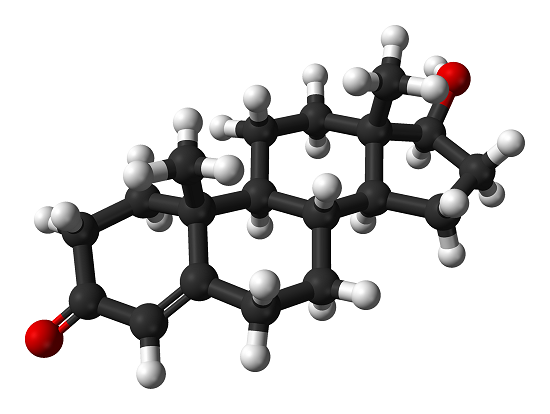There are several natural methods that may help increase testosterone levels. Here are some strategies you can try:
- Get regular exercise: Engaging in regular physical activity, especially weightlifting and high-intensity interval training (HIIT), has been shown to increase testosterone levels. Aim for at least 30 minutes of exercise most days of the week.
- Maintain a healthy weight: Being overweight or obese can lower testosterone levels. If you're carrying excess weight, losing weight through a combination of regular exercise and a balanced diet can help boost testosterone.
- Eat a balanced diet: Make sure your diet includes a variety of nutrient-rich foods. Include healthy fats such as avocados, olive oil, nuts, and seeds. Also, consume an adequate amount of protein, which is essential for testosterone production. Zinc-rich foods like oysters, and poultry can also support healthy testosterone levels.
- Get enough sleep: Quality sleep is crucial for hormonal balance, including testosterone production. Aim for 7-9 hours of uninterrupted sleep per night.
- Minimize stress: Chronic stress can negatively impact testosterone levels. Incorporate stress management techniques such as meditation, deep breathing exercises, or engaging in hobbies you enjoy.
- Vitamin D: Ensure you get enough vitamin D, as it plays a role in testosterone production. Spend time outdoors in sunlight or consider taking a vitamin D supplement if you have a deficiency.
- Minimize alcohol consumption: Excessive alcohol consumption can suppress testosterone production. Limit your alcohol intake or avoid it altogether.
- Avoid or minimize exposure to endocrine disruptors: Certain chemicals found in plastics, pesticides, and other products can interfere with hormone production. Whenever possible, choose organic produce and reduce your use of plastic containers and household chemicals.
It's important to note that while these strategies may help support healthy testosterone levels, the impact may vary from person to person. If you suspect you have low testosterone or have concerns about your hormonal health, it's advisable to consult with a healthcare professional for a proper evaluation and personalized guidance.


